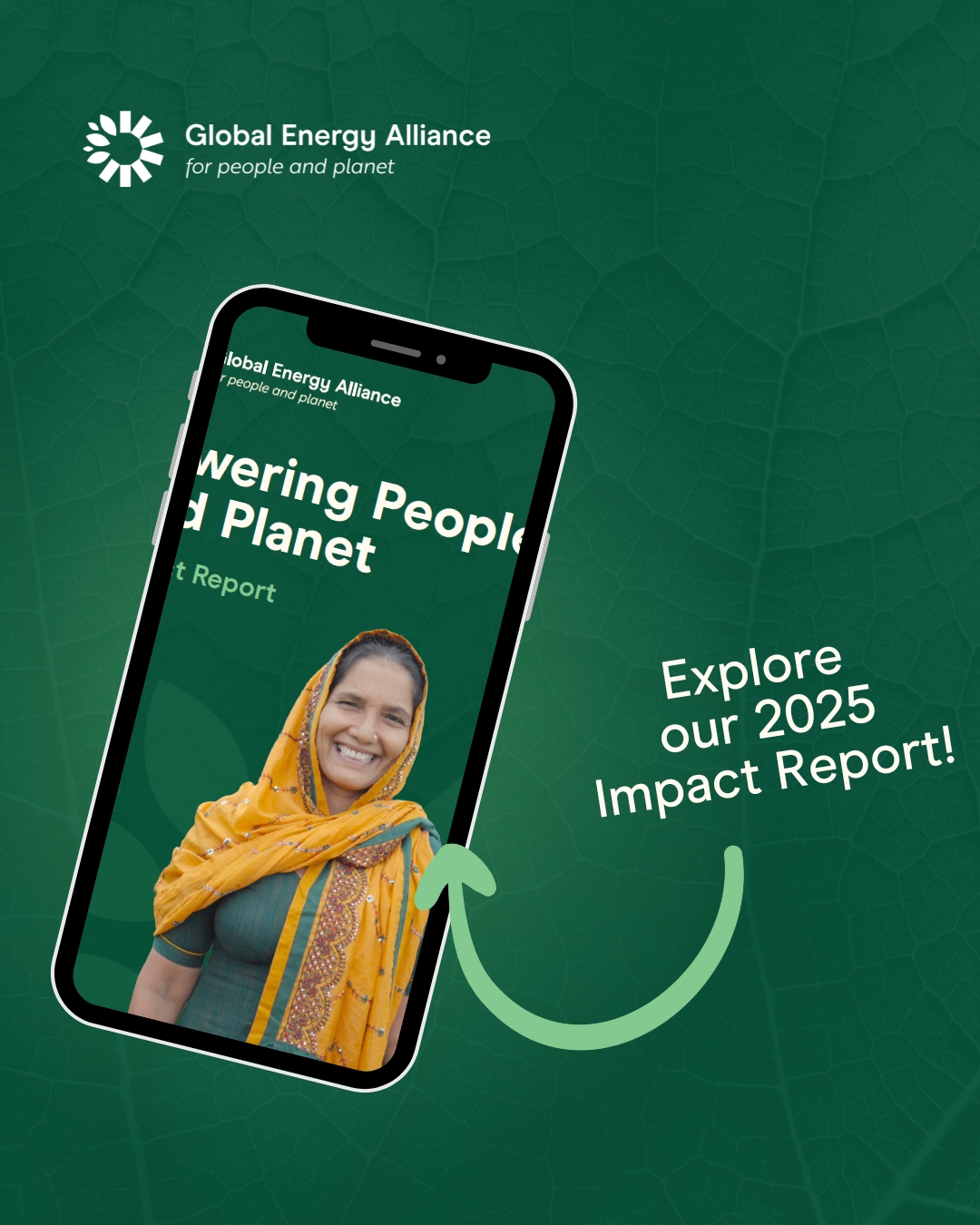Leveraging entrepreneurship to foster innovation

Philanthropic startups are reimagining energy partnerships where traditional financing and policies fall short—through innovation and collaboration.
Sustainable development and increasing deployment of green energy face mounting challenges globally. Conventional financing mechanisms, government policies, and partnerships have not been able to deal with the socio-economic challenges and complexities of the matter. Making progress on renewable energy and sustainable development commitments requires changing how we approach partnerships. The philanthropic startups ecosystem can be pivotal in this respect by its focus on fostering collaboration and emphasizing innovation. Philanthropic startups are now emerging as critical catalysts of change, steering a new era of balanced growth and responsible entrepreneurship.
If we look at start-ups, ASEAN (Association of Southeast Asian Nations) has proved to be crucial in terms of growth. In 2023, Southeast Asia was home to over 60 unicorns, the fourth-highest number in the world. The region has bounced back from the coronavirus pandemic in terms of capital flows and has proven to be the top recipient of Foreign Direct Investment (FDI) within emerging economies since 2021. The influx of investment highlights the area’s potential for innovation in different sectors, including renewable energy.
Southeast Asia’s burgeoning startup landscape is opening new prospects for green energy solutions. With organizations like Breakthrough Energy Ventures providing the necessary assistance and capital, philanthropic startups are developing groundbreaking innovations. This model shows how philanthropy can adapt to the evolving climate crisis and accelerate the transition to net zero by supporting new ideas and taking calculated risks.
The Start-Up Approach to Philanthropy
The start-up approach to philanthropy is reshaping how we tackle some of the world’s most pressing challenges. Rather than adhering to traditional, often slow-moving models, an entrepreneurial mindset prioritizes agility and adaptability, allowing philanthropic initiatives to respond quickly to evolving needs and provide real-time solutions. In addition to allowing philanthropic ventures to take calculated risks and set clear goals, an entrepreneurial approach also fosters collaboration across sectors, leveraging the latest technologies to address global challenges like climate change, energy poverty, and energy security. The collaborative spirit at the core of a philanthropic business model brings together stakeholders from across sectors to facilitate resource mobilization, knowledge-sharing, and other assistance. This dynamic, results-driven strategy enables philanthropic start-ups to drive meaningful change while fostering a culture of experimentation and continuous learning.
The Need for Philanthropic Initiatives in Green Energy
In emerging economies like those in Southeast Asia, where climate risks are acute, philanthropic initiatives play a crucial role in accelerating the green energy transition. Achieving a sustainable energy future requires substantial investments, policy reforms, and innovation—all of which require greater collaboration between public, private, and philanthropic sectors. By supporting mission-driven ventures that prioritize environmental and societal impact over short-term financial returns, philanthropy can address pressing social needs and ensure an equitable transition. Affordable and risk capital from philanthropic sources is crucial in fostering innovation in emerging technologies like battery energy storage systems (BESS) and distributed renewable energy (DRE). By de-risking transformative early-stage projects, philanthropic resources can attract private capital and pave the way for scalable solutions that might not otherwise receive funding.
Challenges, Opportunities, and Impact
Building a philanthropic startup for a greener future presents a unique blend of challenges and opportunities. Resistance to change, scaling social impact, geopolitical conflicts, economic uncertainty, and compliance with evolving regulatory frameworks are some of the most prominent challenges. Furthermore, collaboration—an integral element of philanthropy—often requires finding common ground between diverse stakeholders to ensure alignment toward shared goals.
Despite these challenges, the growing demand for innovative climate solutions presents expansive opportunities for philanthropic startups. Resistance to change and scalability challenges can be mitigated through the strategic deployment of technologies, financing, and advancements in energy storage and distributed energy systems. Innovative financing mechanisms such as impact investing and blended finance provide pathways to navigate economic uncertainties.
Increased collaboration and stakeholder engagement are essential to fostering a supportive ecosystem where knowledge, resources, and expertise are shared. Cleantech startups like Reclimate, BaniQL, and Solano Energy exemplify Southeast Asia’s commitment to the development and implementation of radical climate solutions. These start-ups are pioneering projects that include facilitating finance for renewable energy initiatives, promoting energy-efficient manufacturing processes, and advancing energy storage technologies. For aspiring philanthropic entrepreneurs, these examples highlight the importance of leveraging emerging technologies, creative financing models, and cross-sector partnerships to drive sustainable, large-scale impact.
Conclusion: Charting the Future of Philanthropic Start-Ups
As the world confronts the complex challenges posed by climate change, the need for continuous innovation in addressing social and environmental issues has never been more urgent. Philanthropic startups are uniquely positioned to drive this innovation—by empowering visionaries and change agents who are not only committed to solving these challenges but are also redefining the very landscape of philanthropy itself. The renewable energy ecosystem requires increased support, both financially and strategically, from the public, private, and philanthropic sectors. By fostering partnerships and encouraging new ideas, we can accelerate the green energy transition and ensure that it is inclusive, equitable, and impactful. The future of philanthropy lies in bold action and shared responsibility—paving the way for a greener, more sustainable world.


